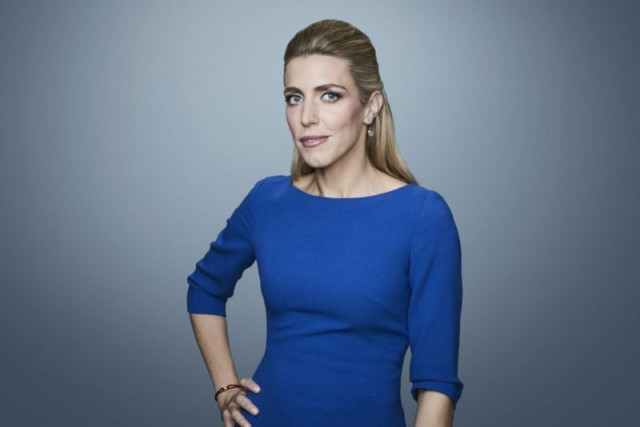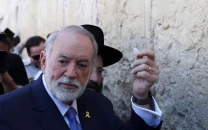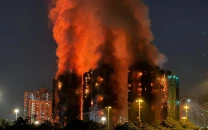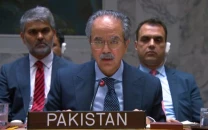Clarissa Ward reflects on harrowing 48-hour detention of CNN team in Sudan's Darfur region
After their driver was arrested, the CNN journalists underwent individual interrogations lasting three hours

A team of CNN journalists, including chief international correspondent Clarissa Ward, was recently detained by a militia for 48 hours while on a reporting trip in the Darfur region of Sudan. Ward recounted her team’s harrowing experience in a first-person essay for CNN on Wednesday.
“We had come to Darfur to report on the world’s worst humanitarian crisis, never intending to become part of the story,” she wrote. “But months of planning came apart in moments when we were detained by a militia led by the man everyone called the general.”
While journalists often report from dangerous regions, detentions of Western reporters are relatively uncommon. Ward, who has covered conflict zones extensively, noted that the militia believed her team to be spies. Alongside Ward, the CNN team comprised cameraman Scott McWhinnie and producer Brent Swails.
The team had aimed to cover the plight of civilians fleeing violence and seeking aid, targeting the town of Tawila, which has been overwhelmed by refugees escaping nearby fighting. After securing access with the controlling militia, they were met by a rival group at an arranged meeting point. Their vehicles were “weighed down with rocket-propelled grenades and heavy machine guns,” Ward recalled.
After their driver was arrested, the CNN journalists underwent individual interrogations lasting three hours. “About eight men asked the questions. ‘Why are you here?’ ‘Who sent you here?’ ‘Who gave you permission to be here?’” Ward described.
Initially directed to follow a militia vehicle, the CNN team’s progress was abruptly halted by armed soldiers. The general ordered them to stop filming, prompting McWhinnie to hand over his camera and assert that they were not filming.
There was a moment of panic — “were they going to shoot us?” Ward wrote. Ultimately, the CNN team was detained near a dry river, where they spent 48 hours under the watch of approximately 14 armed men.
Ward recounted pleading with her captors, informing them she had three children. The man known as the security chief reassured her, saying, “Don’t worry.” He took down contact information for their loved ones, promising they would be informed of the journalists' safety.
“Later, we would find out that an English speaker had called my husband and Scott’s wife from the city of Port Sudan, thousands of miles away from where we were held, to say that we were safe and in good health but threatening that we would be imprisoned for many years if they spoke about it to anyone,” Ward wrote.
Eventually, the CNN team was told they could leave. “We thought you were spies but now you can go home,” their captors stated. “A wave of relief crashed through my body,” Ward reflected. “There were smiles and handshakes with our captors. We posed awkwardly for a photograph at the edge of the mat that had been our makeshift prison.”
The accompanying photo in Ward’s essay shows her, McWhinnie, and the security chief, with the journalists appearing to force smiles while the militiaman embraces the cameraman.
Despite their release, Ward expressed disappointment at not reaching the town they had intended to report from. However, she viewed the experience as a powerful reflection of the dire situation on the ground.
“As a journalist, one never wants to become the story,” she wrote. “And yet our experience is instructive in understanding the complexities of the conflict in Darfur and the challenges of getting food and aid to those who need it most and getting the story out to the world.”


















COMMENTS
Comments are moderated and generally will be posted if they are on-topic and not abusive.
For more information, please see our Comments FAQ